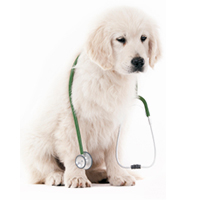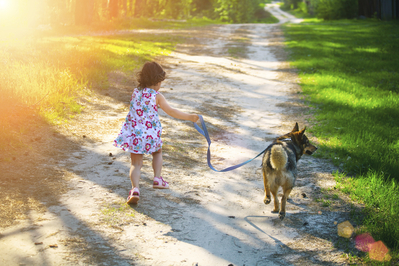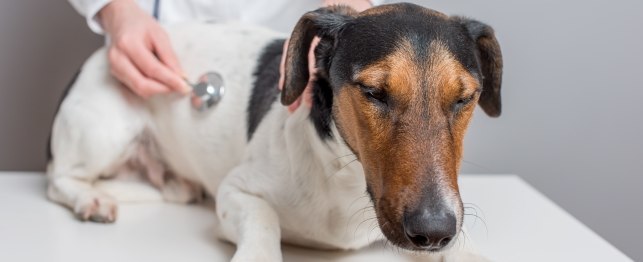
Dogs
What are the most common mistakes that dog owners make with their dogs? We interviewed several veterinarians and came up with this list of six mistakes many dog owners make.
These are mistakes dog owners make AFTER they get a dog. They also make many before, such as not knowing enough about the breed they are getting and not doing enough research to determine if they are getting the right dog for them. They also don't consistently consider the space, time and money it takes to be a good dog parent.
Here are some common mistakes dogs owners make:
1. Not have yearly examination done on their dogs. Yearly exams are important and can find health problems early when many are more treatable.
2. Don't keep a current ID tag or microchip on their pet. Many dogs don't have a current ID tag or microchip. This is the BEST way a lost pet can be returned to you. At the clinics – we often see dogs brought in without a tag or microchip that end off going off to Rabies Control or the Humane Society. Without Identification, many of these dogs are never reunited with their owners.
3. Allow their dog to run free. This is a problem for many reasons. Dogs that are permitted to "run free" often get into trash, ingest toxins or are traumatized by being hit by a car or in a fight with another animal. Keeping a dog within a fenced in yard or on a leash can prevent this.
4. Skimping on nutrition. A good quality food is important to dogs. Skimping on nutrition can be a problem. Dogs need a high quality balanced diet that is formulated to meet their life-stage needs.
5. Don't monitor their dogs. It is important to monitor dogs on a daily basis. Dogs are so good at hiding their illnesses that often by the time we notice – the disease may be quite advanced. For this reason – it is important to look for early signs of problems. Monitor your dog's urinations, defecations, attitude and appetite every day.
6. Lastly, many pet owners don't pay attention to toxins and medications around their household that dogs can get into. Maybe it comes down to dog-proofing your home to ensure your dog can't get into common toxins such as rat poison, anti-freeze, medications (dog and human) or the trash.
Whatever you do, keep your dog safe. Ensure he has a good collar with an ID tag and keep him on a leash. Ensure eat is eating well, you are feeding a good quality dog food and your home is "dog-proof".
 What To Do If Your Dog Ate Chocolate
Chocolate is toxic to dogs and depe
What To Do If Your Dog Ate Chocolate
Chocolate is toxic to dogs and depe
 10 Ways to Keep Your Pet Warm this Winter
10 Ways to Keep Your Pet Warm this Winter
10 Ways to Keep Your Pet Warm this Winter
10 Ways to Keep Your Pet Warm this Winter
 8 Things You Can Do to Protect Your Dog in the Summer
Sunshine Safety Tips
The days seem
8 Things You Can Do to Protect Your Dog in the Summer
Sunshine Safety Tips
The days seem
 The Dumbest Things Dog Owners Do
The Dumbest Things Dog Owners Do
The Dumbest Things Dog Owners Do
The Dumbest Things Dog Owners Do
 Infertility In The Bitch CHF and Zoetis Podcast Reproduction Series
The AKC Canine Health Foundation (C
Infertility In The Bitch CHF and Zoetis Podcast Reproduction Series
The AKC Canine Health Foundation (C
Copyright © 2005-2016 Pet Information All Rights Reserved
Contact us: www162date@outlook.com